What New Zealand’s U-turn on smoking ban could mean for Rishi Sunak
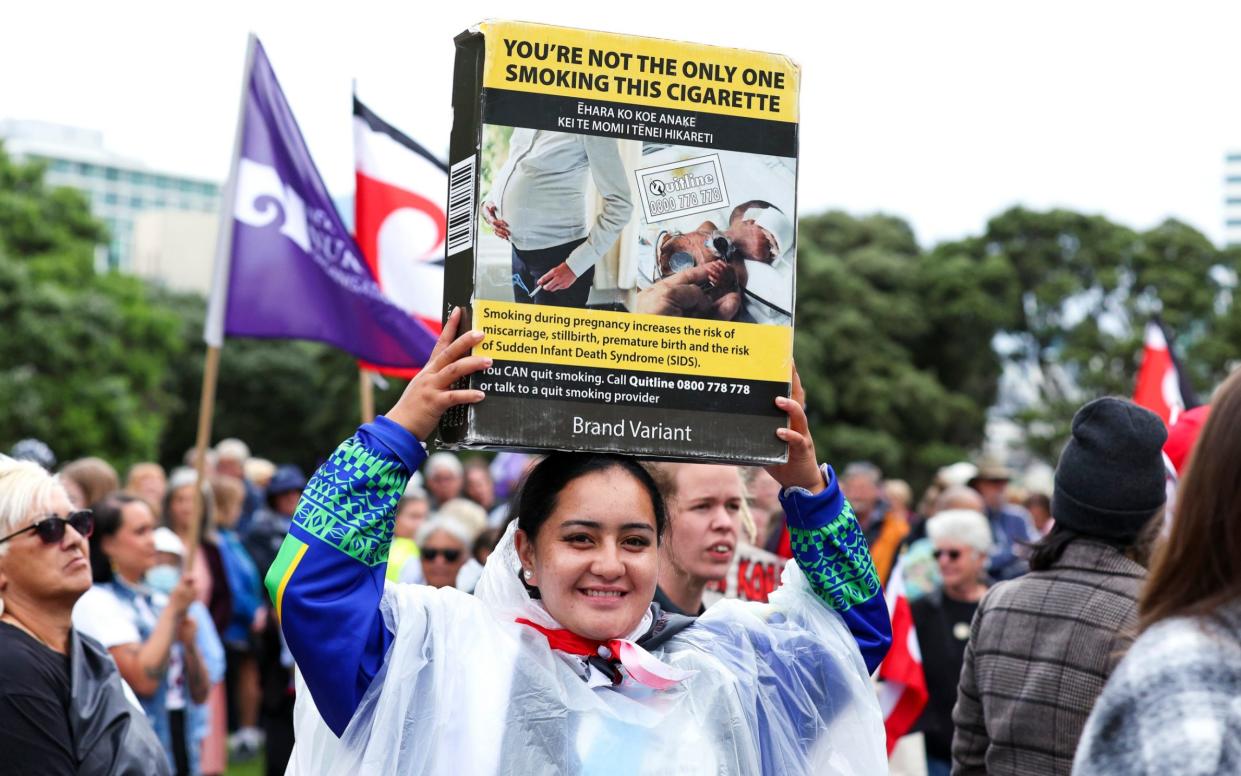
- Oops!Something went wrong.Please try again later.
- Oops!Something went wrong.Please try again later.
- Oops!Something went wrong.Please try again later.
We appear to have reached the stage of Rishi Sunak’s premiership where he is suddenly preoccupied with what his legacy might be.
And there is a curious irony that he appears to be taking inspiration from a defeated Left-wing government half a world away.
It was Jacinda Ardern, the former New Zealand prime minister, who first came up with a “generational smoking ban”, passed into law in 2022 and promptly scrapped by her Right-leaning successors in late 2023.
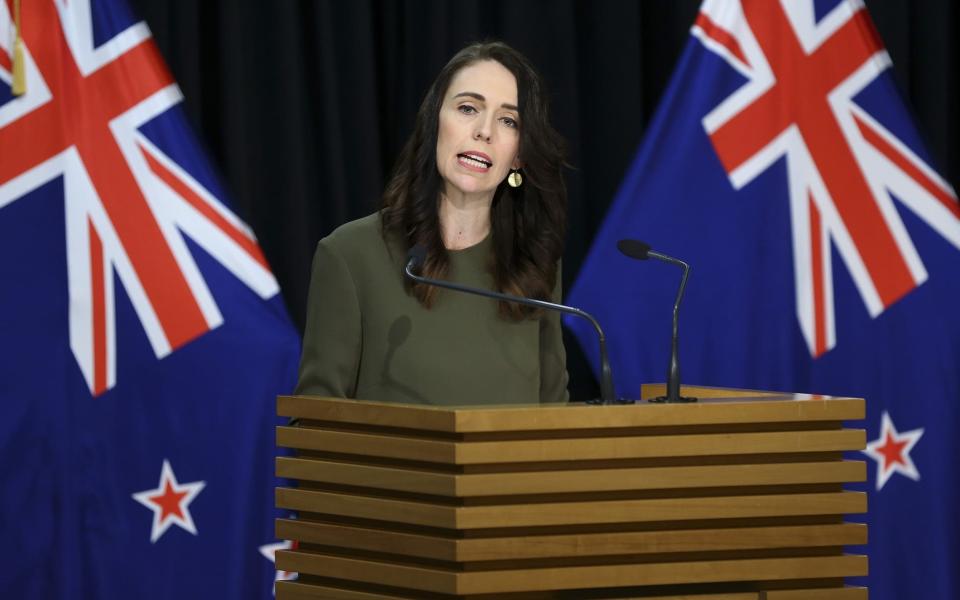
The measure always seemed “disproportionate and unnecessary” according to Callum Purves, whose own organisation – the New Zealand Taxpayers’ Union – campaigned vigorously against Ardern’s policy.
Purves, a young Conservative Party campaigns manager who was elected to the Perth and Kinross Council as a still tender 20-year-old at St Andrews University, had been headhunted by the New Zealand pressure group, which models itself on The TaxPayers’ Alliance in Britain.
When Purves first left Scotland a couple of years ago for the New Zealand capital, political bickering over tobacco didn’t rate as “particularly important” among his priorities.
But Ardern’s “generational smoking ban” would see the number of retailers selling tobacco in New Zealand plummet by 90 per cent, from 6,000 outlets to a muster of just 600, in a country of 5.1 million inhabitants.
The prohibition would have imposed stricter regulations for all smoked tobacco products, reducing their nicotine hit over time so that users would eventually have been puffing on little more than a bland leaf.
The measures would have come in this year under the Labour Party, who confidently expected that they would return to government.
Neither expectation transpired. Labour, which Ardern led until last year, suffered a “bloodbath” electoral defeat.
The new prime minister Christopher Luxon, who is personally health-conscious and cuts the vigorous presence of an overworked gym instructor, says he is no fan of tobacco – though his critics charge he is in the industry’s thrall.
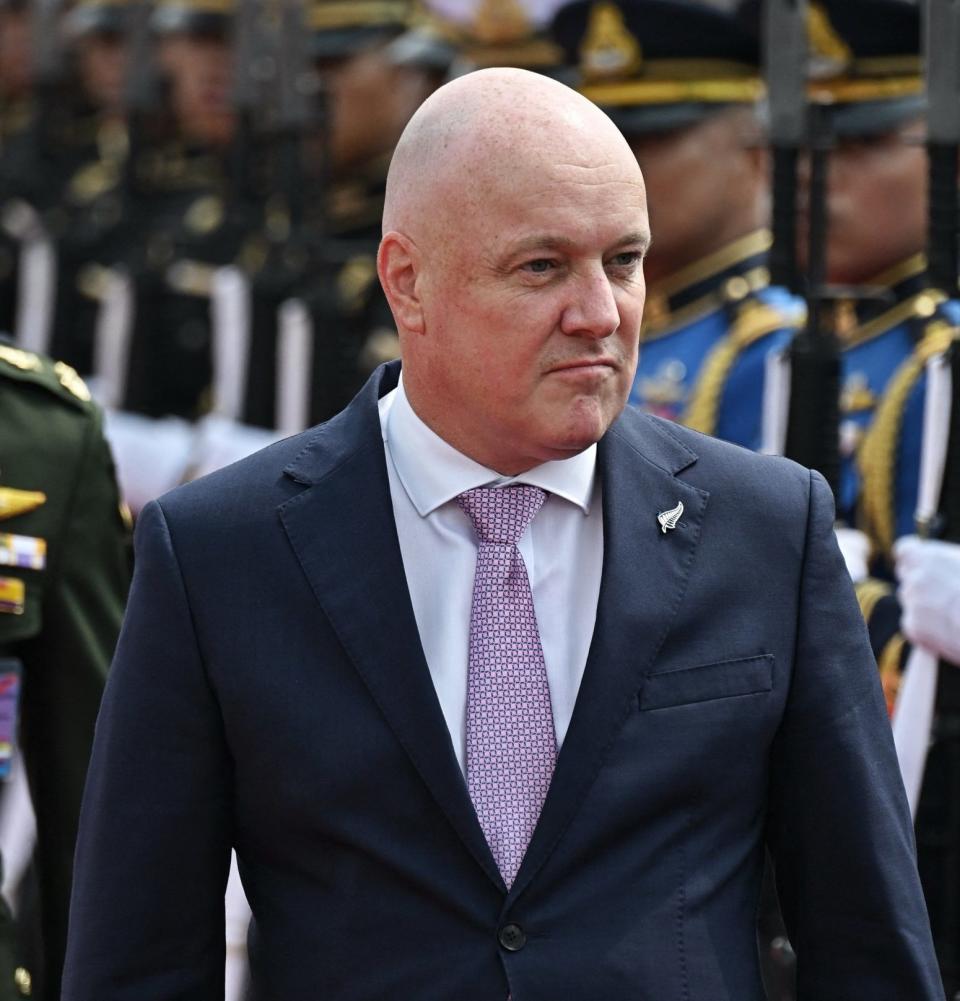
He insists the government will “continue to make sure we’ve got good education programmes, encourage people to take up vapes as a cessation tool, and make sure that we protect vapes for under-18s”.
At the same time, the government has also argued, in the words of ACT Party MP Karen Chhour, that the gradual ban was always “prohibition plain and simple”, with all the historically messy baggage that concept entails.
Worst of all were the arbitrary age brackets that would have made the plan democratically unworkable and – as Luxon has underscored – fuelled a black market.
Recommended
'I choose not to smoke every single day – the ban is nanny-ish'
Speaking in 2023, Luxon warned: “To say that, actually, you can concentrate all that distribution in a few shops and you have one smoke shop in one small town in New Zealand, you can’t not tell me that will be a massive target for ram-raids and crime.”
And he added: “The issue is the component parts of the programme, how does it ultimately get enforced? A 36-year-old can smoke, but a 35-year-old can’t smoke down the road? That doesn’t sort of make a lot of sense.”
Chris Hipkins, the Labour leader who replaced Ardern, says such objections from Luxon and others are “nothing more than regurgitated talking points from the tobacco lobby”.
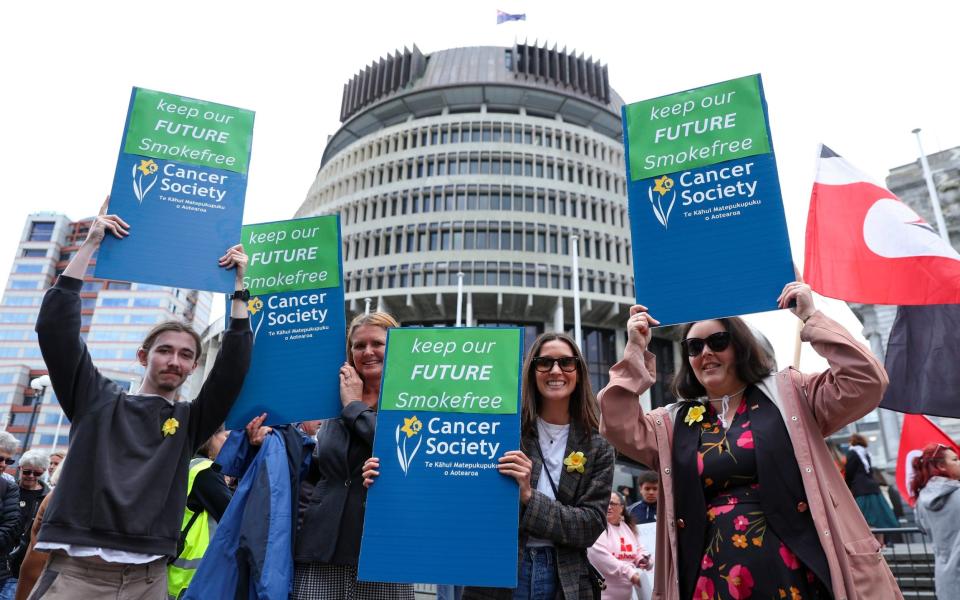
Smoking rates, however, have certainly taken a generational dive already without the need for such dramatic legislative intervention.
Officially at least, only 7 per cent of adults in New Zealand say they currently smoke; far fewer than Britain’s estimated 12.9 per cent and less than a third of the number of Kiwis who regularly lit up in the 1980s. These low rates alone appear to fly in the face of the previous government’s own modelling, showing that without the generational ban smoking rates would remain stubbornly high, particularly among the indigenous Maori population, whose tobacco use is also now plummeting.
For the relative few who remain smokers, a hefty financial price exists for their pricey habit – a windfall mainly picked up by the government.
New Zealand, along with nearby Australia, is the most expensive place in the world to buy cigarettes. A packet of 20 Marlboros purchased in Auckland costs £20. Of this, the government rakes in 87 per cent from the sale in excise and VAT-style taxes on each sale.
No wonder that the black market is already highly organised and growing apace.
Already hundreds of millions of illicit cigarettes are seized each year at the Australian border. In 2021, it was estimated that one in five cigarettes consumed in Australia had been smuggled, up from one in 12 in 2007.
New Zealand’s deputy prime minister, Winston Peters, has long made much of the threat this poses to the exchequer as well as the physical safety of those who legally sell tobacco.
Hiking excise taxes past a certain point ultimately profits criminals and ineluctably leads to at least some merchants “being murdered and assaulted” in their stores, he has warned.
Indeed, during last year’s general election campaign, retail crime emerged as one of the biggest areas of voter concern. Vehicular ram-raiders tended to almost invariably target smaller liquor stores and retail outlets for their tobacco products.
In some cases, store-owners have been seriously assaulted and even murdered by those giving a brutal new definition to the cliché of driving down to the corner store to grab a pack of cigs.
Similar warnings over a burgeoning black market caused by the Tobacco and Vapes Bill – which would ban anyone born after 2009 from buying cigarettes – have been made here in Britain. Sir Simon Clarke, Conservative MP and critic of the Prime Minister, told the Today programme: “I think it actually risks making smoking cooler, it certainly risks creating a black market, and it also risks creating an unmanageable challenge for the authorities.”
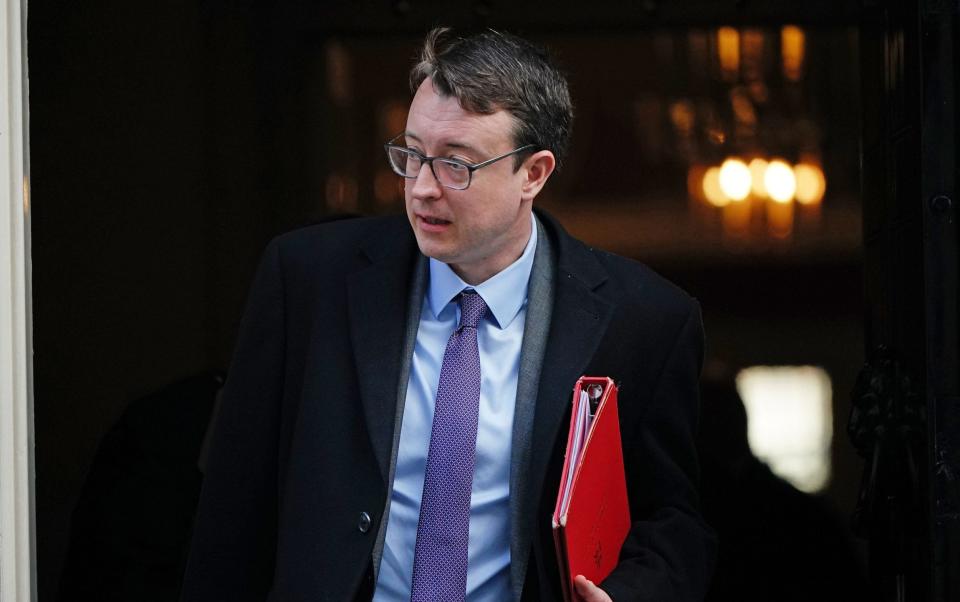
And it seems even Liberty Truss, the 15-year-old daughter of former prime minister Liz Truss, sees the growth potential for enterprising ne’er-do-wells, saying at her mother’s recent book launch: “As someone born in November 2008, I can flog overpriced cigarettes to my friends.”
Purves observes the irony that a “supposedly centre-Right” government in his homeland should be heading down the same tobacco road that an actual centre-Right government in his adopted country has moved away from.
The best proposal, he believes, is for both nations to give consumers the choice of cheaper, safer products such as vapes, allowing them to clear their own throats and voluntarily change their own behaviour.
While there remains an important role for public health services in energetically discouraging people from smoking, “in a liberal society, if adults understand the risks and still choose to light up, they should be free to do so without excessive government interference”.
Even though almost half of Rishi Sunak’s own party are either firmly against or unconvinced by his smoking ban, it seems likely to pass into law with the help of the Labour opposition.
Sunak may get his legacy, but despite his best intentions, his party and country may not thank him for it.
Many of those against the proposals are apprehensive that they are merely the thin end of the wedge.
“My real fear is that this is not the final stage that the health police want to push,” warned Liz Truss during the debate in the House of Commons on the measures on Monday.
People want “to be able to make their own decisions about what they eat, what they drink and how they enjoy themselves”.
She added: “The only other country in the world where such a bill was brought forward was New Zealand, under a very Left-wing prime minister. That bill has now been reversed under the new conservative government in New Zealand… If people want to vote for finger-wagging, nannying control freaks, there are plenty of them to choose from in the Opposition, and that is the way they will vote.”

